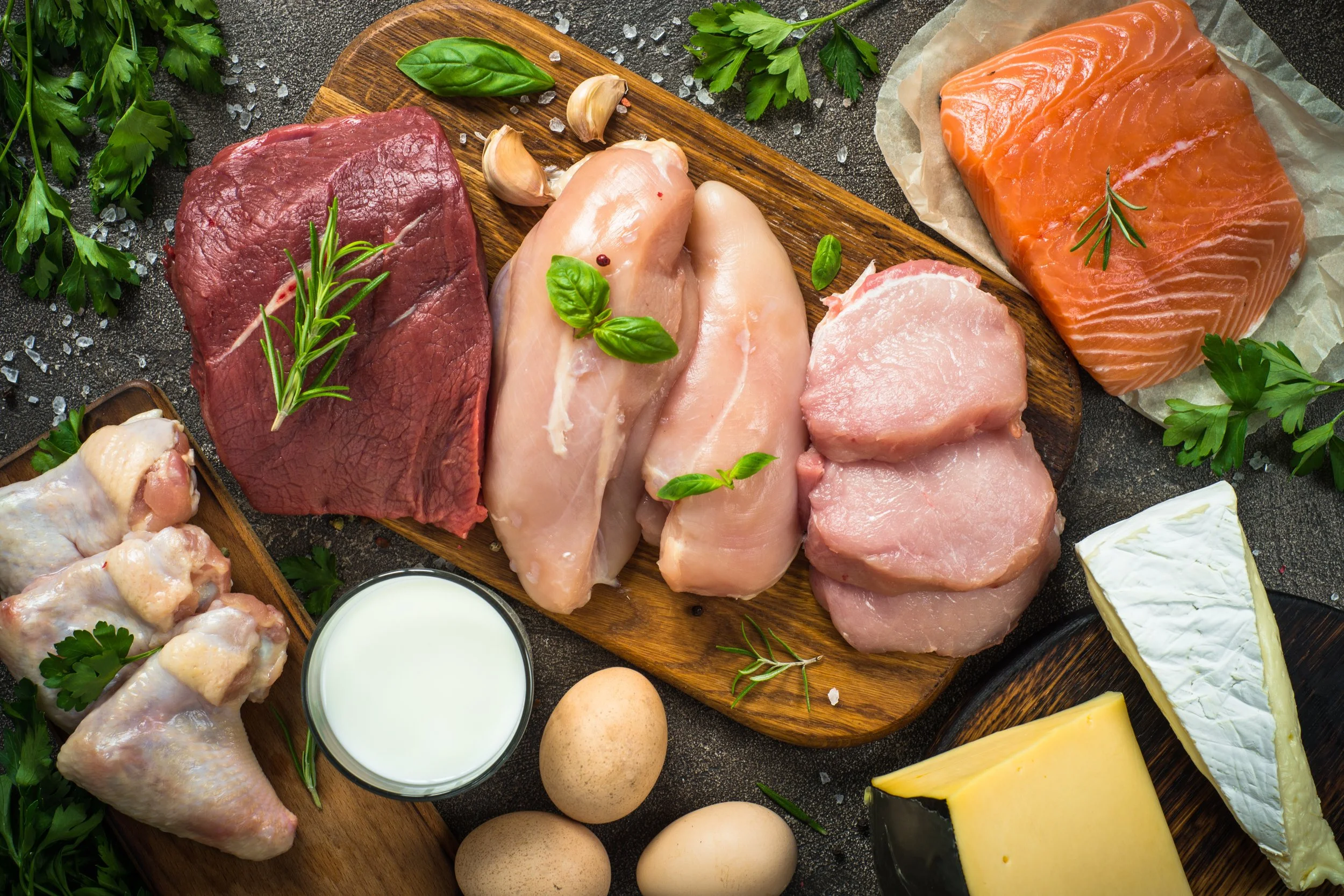Protein for Appetite Control
Do you know your protein numbers? If you don’t, then you’re probably not losing weight as quickly or as safely as you could be. But there’s a lot more to know than just the number of protein grams you’re taking in each day. At Professional Weight Management, protein is one of the major building blocks of a weight loss plan that we monitor closely, and it’s why our caring consultants help plan not only the amount of protein you’re consuming each day but also the source of protein. Because not all protein is created equal.
Why is protein essential for a weight loss plan?
Every cell in your body needs protein to operate efficiently. Without sufficient protein, your body can’t do the important work of building new cells and repairing damage to old cells. Protein is one of the major macronutrients necessary for our bodies to function, with carbohydrates and fat making up the remainder of the vital three. Diets lacking protein can cause your body to lose muscle mass along with the fat, which can set your body up for lifelong metabolism issues and a wide range of health issues.
If you’re trying to control your appetite (and who isn’t when trying to lose weight?) protein becomes even more important. When eaten with carbs, protein can help stabilize blood sugar and reduce the energy ups and downs that prompt us to reach for snacks between meals. It’s a natural appetite suppressant, particularly if your body is experiencing any level of insulin resistance.
What are the best sources of protein for a weight loss plan?
Lean meats, fish, eggs, low-fat yoghurt, oats, and seeds are all good sources. Protein shakes and protein-fortified snacks can be excellent choices if selected carefully and Professional Weight Management offers a tasty and high quality selection. Beyond that is where it gets a little tricky. Diets that heavily restrict carbs but allow lots of bacon and steak were popular a few years ago but the fats in red meat can increase not only your cholesterol but also your insulin resistance, making future appetite control even harder. Red meat is also harder to digest than other sources of protein, since it takes specialized enzymes for our bodies to break down the proteins and fats in red meats and they do their work slowly. One of the most common questions we get at Professional Weight Management is about the limits we suggest on red meat. Here’s the answer:
“For a lot of people, red meat is really hard to digest. It usually takes twice as long and if you eat red meat two days in a row it binds the fat and it really takes a long time to get rid of. You still get good protein from red meat but it’s just hard on your body.”—Tammi Sparkman, Professional Weight Management owner
Can you eat too much protein?
Yes. It makes sense that a diet should keep your proteins, carbs and fats balanced. Consuming too much protein can increase your risk of kidney stones and can be particularly dangerous to anyone already suffering from loss of kidney function. Also, excessive protein from red meat and its high levels of saturated fat can increase your risk of heart disease and colon cancer.
So how much protein intake is right for you? If you’re a Professional Weight Management patient then your weight loss plan is medically supervised and you have probably already discussed your protein goals with your consultant based on your medical history and unique plan. If not, then a rough guide would be a minimum of 55 grams daily for a 150 pound person. Again, that is a minimum level. Higher levels are generally preferable and current research suggests those over 65 could benefit from increased protein intake to counter the muscle loss that naturally occurs as we age. Consult your doctor for your specific needs.

